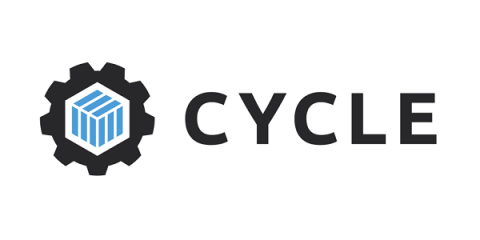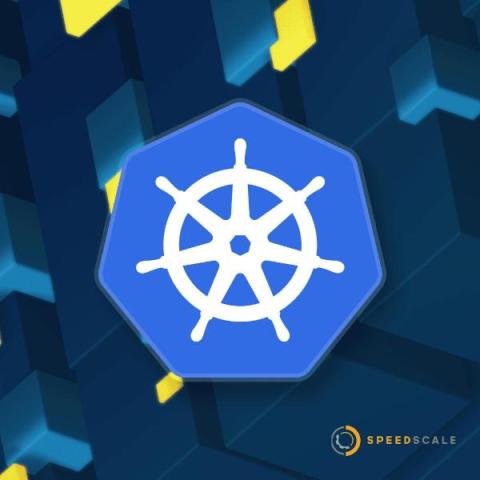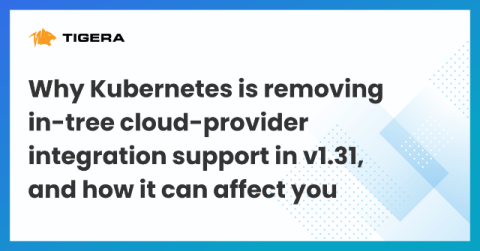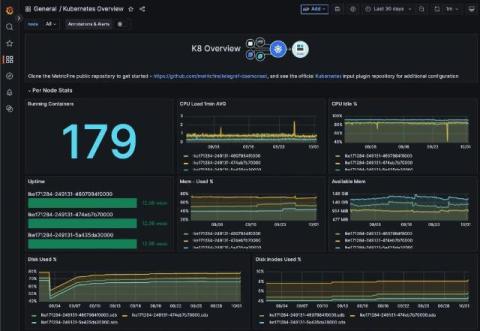Introducing the New Documentation and Learn Center
We're excited to announce two major additions to our website that are set to make your experience using Cycle smoother and more effective: the completely revamped Documentation section, and the new Learn Center.











